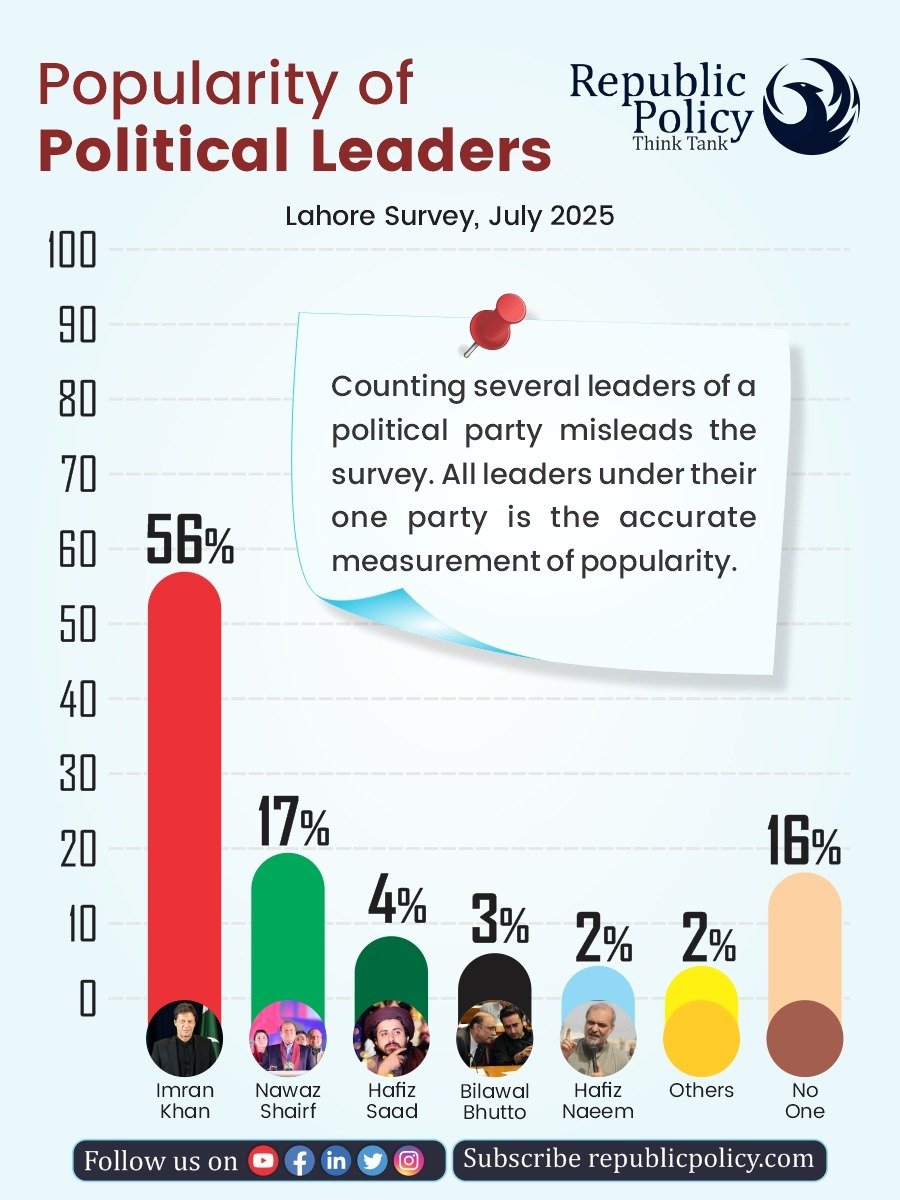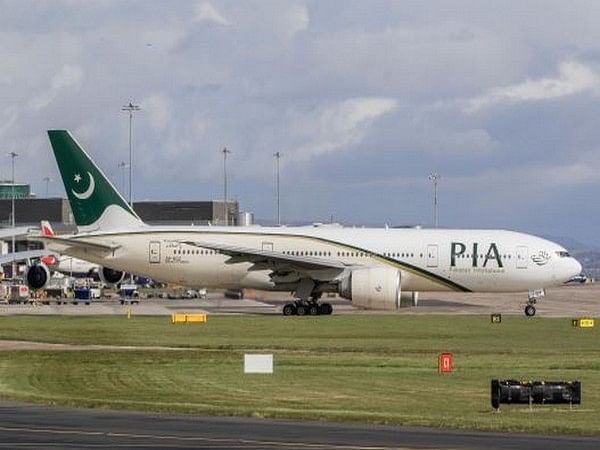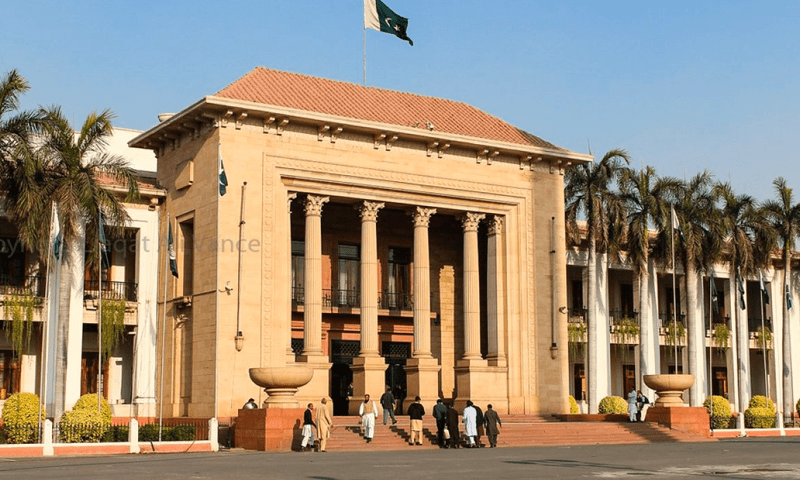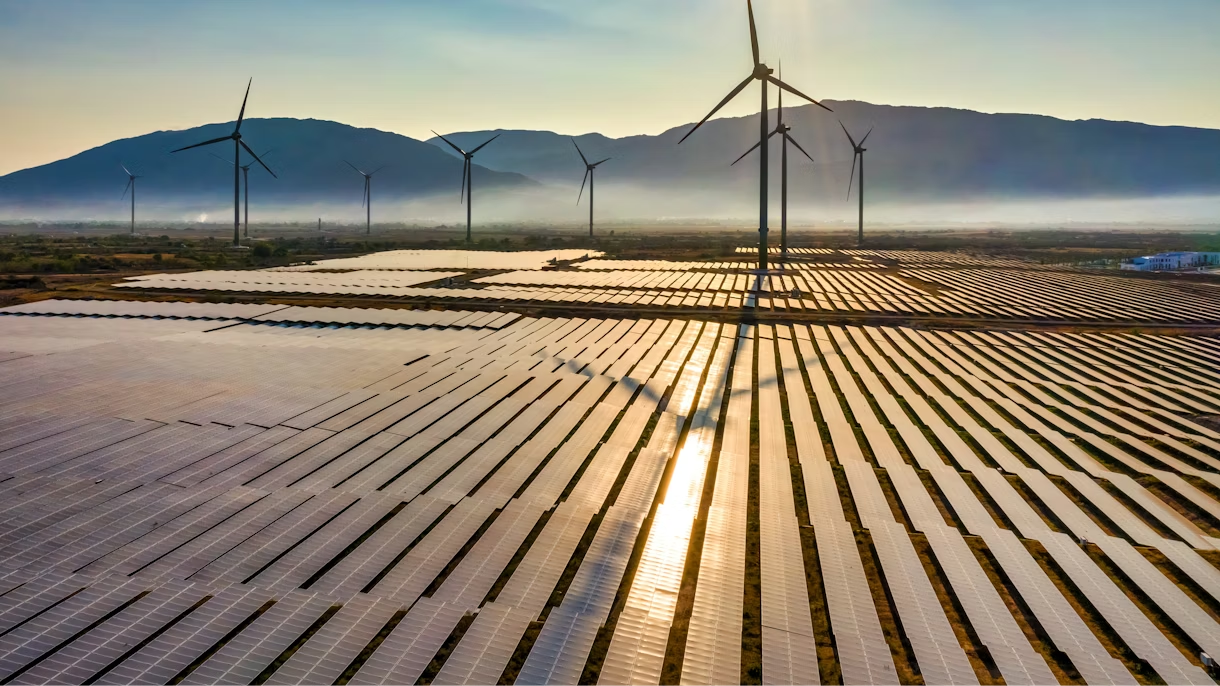Team Republic Policy
Please read RP Lahore Survey report before understanding this sub-report:
The Republic Policy Think Tank’s July 2025 Lahore survey delivers a decisive message: Imran Khan remains the most popular political leader in the provincial capital, commanding a remarkable 56% approval among respondents. The survey, conducted across all union councils of Lahore, offers an evidence-based reflection of political sentiment, revealing that his dominance is not confined to traditional party loyalty but extends across broader categories of political affiliation. This finding reinforces the perception that Lahore’s political behaviour is increasingly shaped by anti-status quo sentiment, disillusionment with the ruling elite, and a demand for authentic representation.
Follow Republic Policy Website
The first pillar of Imran Khan’s popularity lies in his overwhelming support within the 40% of Lahore’s electorate identified as “Anti-Status Quo” voters. This bloc rejects entrenched political power structures, systemic manipulation, and institutional interference in democratic processes. For them, Imran Khan represents the clearest alternative to the existing order — a political figure who has openly challenged the collusion between political dynasties and unelected power centres. His continued insistence on civilian supremacy resonates deeply with these voters, who see in him not just a politician, but a movement leader embodying the promise of structural change.
Follow Republic Policy YouTube
In the “Party Cult” category, representing 25% of Lahore’s voters, Imran Khan’s grip is equally strong. Unlike other major political leaders, whose followings often fracture between multiple personalities within the same party, Khan’s leadership is centralised and unquestioned. This concentration of loyalty gives him a strategic advantage over the Pakistan Muslim League-Nawaz (PML-N), where internal competition among leaders dilutes brand coherence. In practical terms, this means that when Lahore voters are asked about party leadership, Khan emerges as the uncontested face of PTI, while PML-N’s vote share is split across multiple figures, from Nawaz Sharif to Maryam Nawaz.
Follow Republic Policy Twitter
Even within the 35% “Governance-Oriented” bloc — traditionally the PML-N’s stronghold due to its emphasis on infrastructure and service delivery — Imran Khan remains competitive. While Maryam Nawaz enjoys institutional advantages in the Punjab government, Khan’s governance record as prime minister, particularly his welfare initiatives such as Ehsaas and health cards, continues to hold sway over a segment of Lahore’s middle-class voters. This competitiveness in the governance category is significant because it reflects a diversification of PTI’s appeal beyond ideological opposition to the status quo. It suggests that Khan’s narrative is not limited to protest politics but also touches on administrative performance.
Follow Republic Policy Facebook
Following is the RP category Analysis:
A critical driver of this political landscape is the public perception of the 2024 general elections. The survey revealed that an extraordinary 87% of Lahoris believe the elections were rigged. This level of mistrust in the electoral process is unprecedented in the city’s modern political history. For many respondents, the belief that Khan was denied his rightful position as prime minister translates into a personal grievance — not just against political opponents, but against the institutions perceived to have orchestrated this outcome. This sentiment has fuelled a sympathy wave for Khan, framing him as both a political victim and a symbolic guardian of the people’s mandate.
87 percent of Lahoris believe that Elections, 2024 were rigged:
This widespread perception of electoral injustice has also intensified anti-PML-N sentiment in Lahore. Voters associate the ruling party not only with governance shortcomings but with the alleged undermining of democratic choice. The result is a deepening polarisation where PML-N’s traditional message of stability and development struggles to gain traction against PTI’s narrative of justice, accountability, and political reform. In this environment, even governance achievements by the provincial administration fail to neutralise the anger directed at what many see as a compromised political system.
Follow Republic Policy Website
Beyond structural and emotional drivers, Imran Khan’s personal brand continues to exert unmatched influence in Lahore’s political discourse. His direct communication style, ability to frame political issues in relatable terms, and use of digital platforms to bypass mainstream media resonate strongly with the city’s younger and more politically engaged demographics. This digital mobilisation has not only reinforced his image as a leader of the people but has also allowed PTI to maintain political momentum despite legal and institutional challenges. Despite, he is in jail, his communication through different digital means, is evident.
Follow Republic Policy YouTube
The survey also reveals that “No One” received 16% of the vote when respondents were asked to name the most popular political leader. This segment reflects a growing alienation from the entire political class, yet its existence indirectly benefits Khan. In a highly polarised environment, undecided or disengaged voters often lean toward the candidate who embodies opposition to the status quo, making Khan the default beneficiary of political disaffection. This trend mirrors global populist movements, where outsider figures capitalise on public frustration with entrenched elites.
Follow Republic Policy Twitter
From a strategic standpoint, the July 2025 Lahore survey underscores the complexity of urban political behaviour. While PML-N retains institutional strength and governance capacity in Punjab, its inability to erode Khan’s lead in key voter categories suggests a potential vulnerability in the next general elections. PTI’s challenge, however, will be to convert its urban popularity into an effective electoral strategy that can withstand institutional pressures. The size of the “undecided” and “disillusioned” segments means that both parties have room to grow, but for now, the momentum remains firmly with Khan.
Follow Republic Policy Facebook
Ultimately, the political narrative emerging from Lahore is one of resistance, grievance, and enduring loyalty. Imran Khan’s dominance in the city’s political imagination is not simply the result of party machinery or electoral promises; it is the product of a sustained confrontation with Pakistan’s political establishment. As long as the perception of electoral injustice remains unaddressed and institutional mistrust persists, Khan’s position as the leading political figure in Lahore — and by extension, in Punjab — is likely to remain unchallenged. The July 2025 survey is thus not just a snapshot of public opinion, but a forecast of the political battles ahead.















